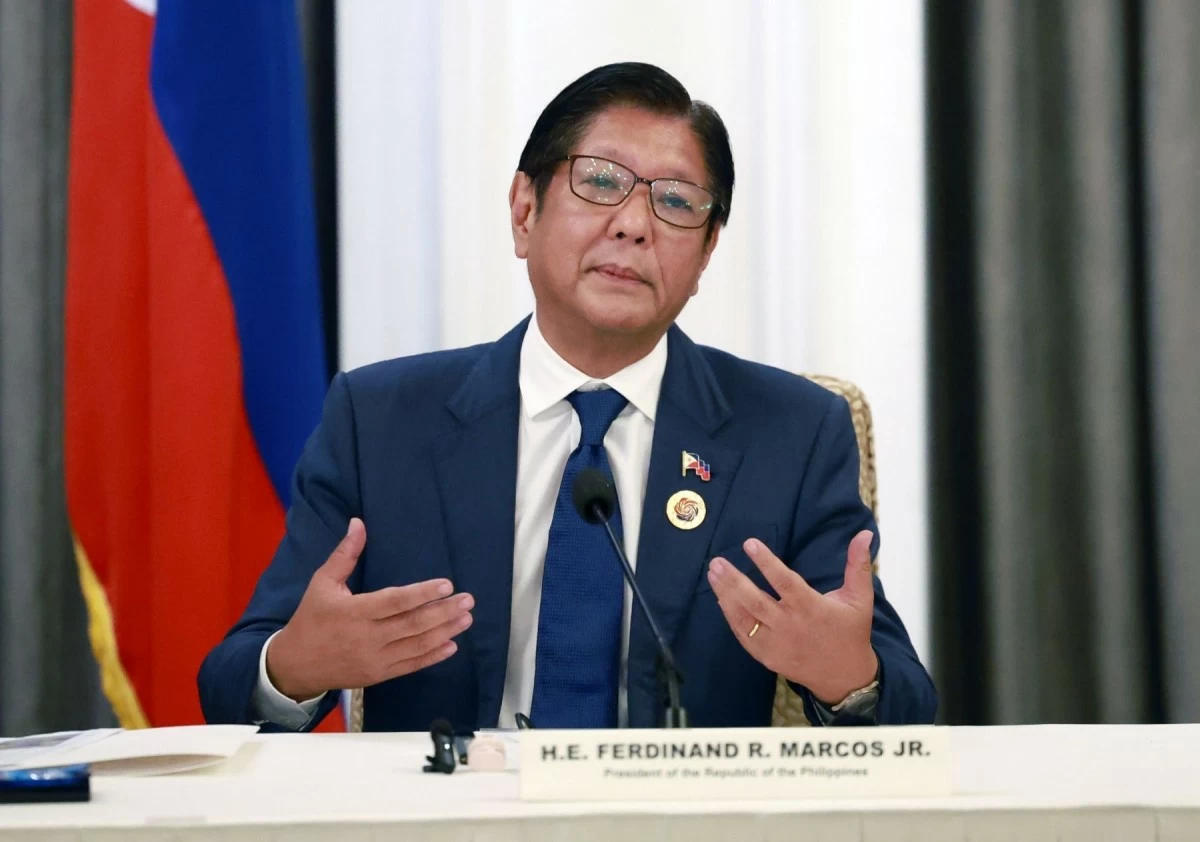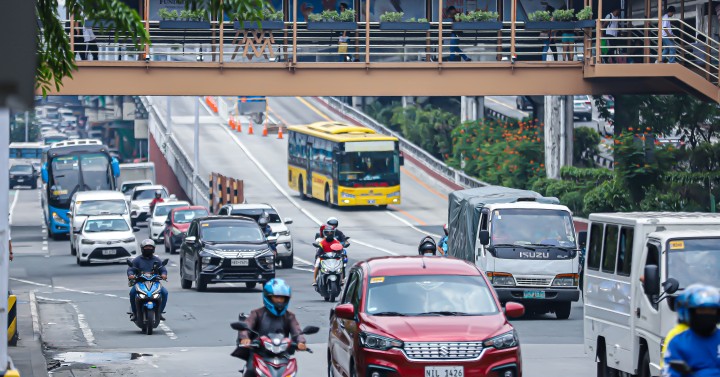K-12 Program Under Scrutiny: Marcos Jr. Questions its Impact on Filipino Students' Employability and Parental Finances

Manila, Philippines - President Ferdinand Marcos Jr. has voiced concerns regarding the effectiveness of the K-12 education program, questioning whether it has truly fulfilled its promise of preparing Filipino students for the workforce. In a statement released on Wednesday, the President highlighted a growing sentiment that the program has inadvertently placed an additional financial burden on families across the nation.
The K-12 program, implemented in 2013, aimed to align the Philippine education system with international standards by adding two years to the basic education cycle. Proponents argued that this would enhance students' skills and competitiveness, ultimately leading to better job prospects. However, President Marcos Jr.'s remarks suggest that these expectations have not been fully realized.
“We have to assess whether the K-12 program has truly delivered on its promise,” the President stated. “While the intention was noble, the reality is that many graduates are still struggling to find employment, and parents are facing increased expenses related to tuition, learning materials, and supplementary education.”
The President's comments come amidst ongoing debates about the program's efficacy and its impact on the education sector. Critics have pointed to issues such as a lack of qualified teachers, inadequate infrastructure, and a curriculum that may not be aligned with the demands of the current job market. The added two years also mean parents need to spend more on their children's education, particularly for those attending private schools.
The Department of Education (DepEd) has acknowledged some of these challenges and has been working to address them through various reforms and initiatives. However, the President's remarks underscore the need for a comprehensive evaluation of the program and a willingness to make adjustments as necessary. The government is now under pressure to demonstrate tangible improvements in student outcomes and to alleviate the financial strain on families.
Moving forward, President Marcos Jr. emphasized the importance of ensuring that the education system equips students with the skills and knowledge they need to succeed in a rapidly evolving global economy. He also stressed the need to prioritize affordability and accessibility of quality education for all Filipinos. A thorough review of the K-12 program is expected, potentially leading to revisions that better serve the needs of students, parents, and the nation as a whole.
This situation highlights a crucial point: Education reform is a continuous process. While the K-12 program represented a significant shift, its long-term success hinges on ongoing assessment, adaptation, and a commitment to ensuring that it genuinely benefits the Filipino people.




